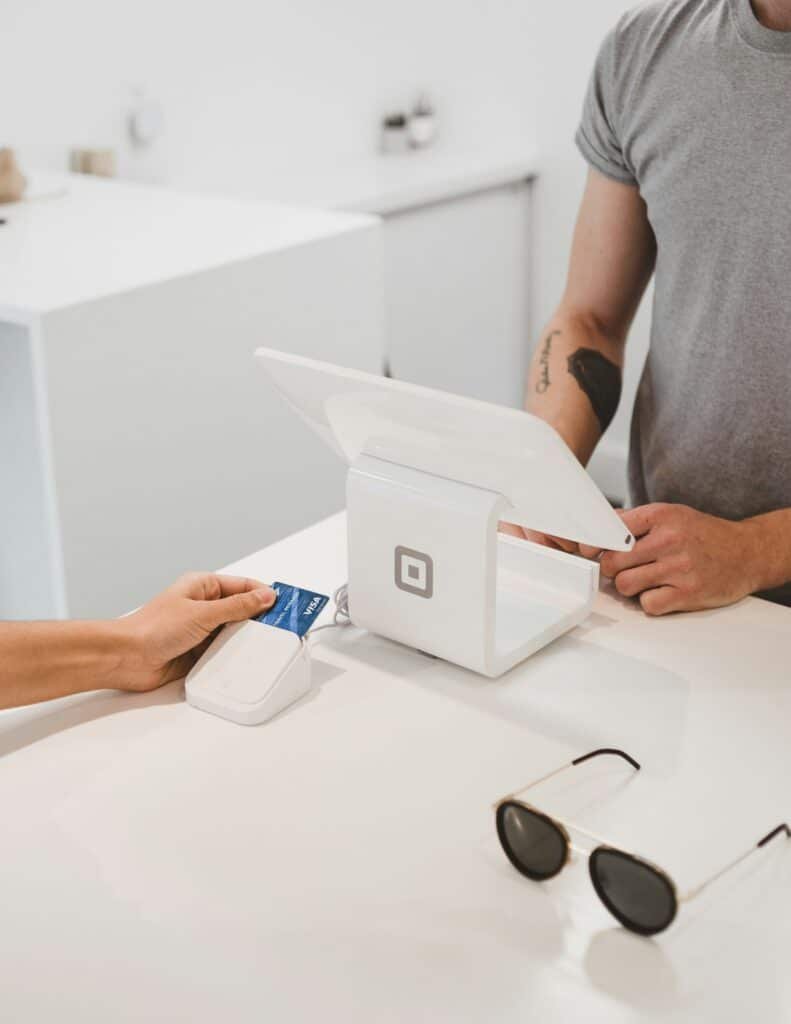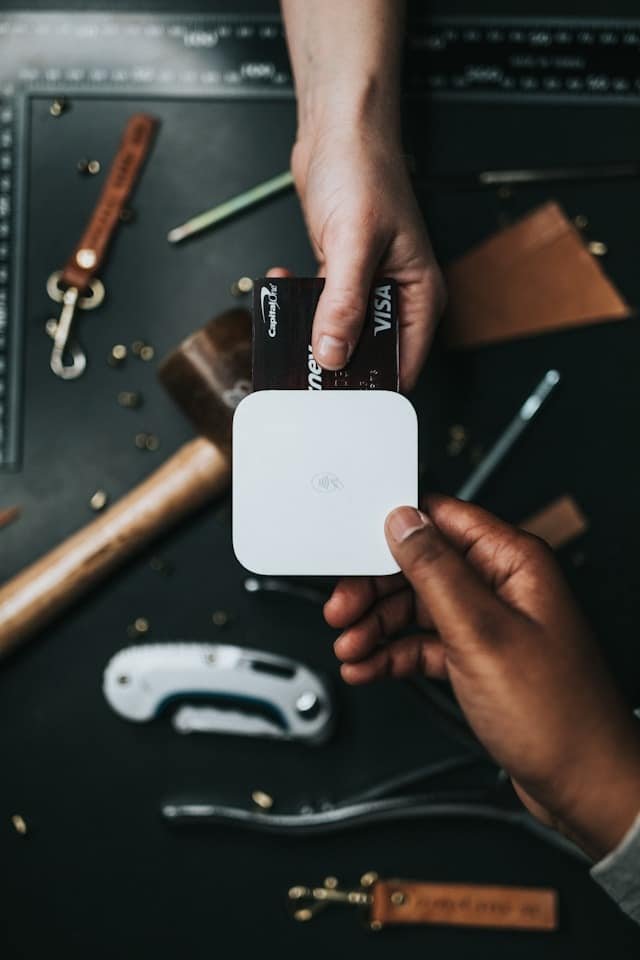Impulse buying – In today’s world, retailers have master the art of getting us on hooked on impulse purchases. Eye catching displays, ads that spark our curiosity, and clever product placements to make us feel like we need these items.
However, regularly giving in to these impulses can quickly harm your finances. In this post, we’ll look at impulse buying, the problems they cause, and how to avoid them. We will share tips to help you shop smarter, save money, and feel more in control of your finances.
What is Impulse buying?
Impulse buying is making purchases on the spur of the moment, without planning. It happens when you see something you want right away, usually because it looks appealing or there’s a good deal or due to your state of emotions like sadness or happiness.
You give in to the temptation and make unplanned purchases. Unlike planned purchases, impulse buys are not thought out and can cause serious financial problems if not kept in check.
“ For example, at the checkout in a store, you might see snacks or magazines displayed nicely, and decide to add them to your purchase without planning to.”
“Another common example is when shopping online. Websites often show you limited-time offers or suggest items based on your browsing history. This can tempt you to buy something quickly without thinking too much about whether you really need it.”
Impulse buying is mostly driven by emotions like excitement or the desire to get a good deal. While it can feel good in the moment, it’s important to be aware of these triggers so you can make more thoughtful decisions about your spending.

Financial implications of impulse buying
Impulse buying can seriously affect your finances. Here are a few ways impulse buying is harmful to your financial health:
Budget shortfall
Impulse purchases often happen outside of your planned budget. These unplanned expenses can quickly pile up, leaving you with less money for essentials, savings, or long-term goals.
Debt Accumulation
Regular impulse buying can create a cycle of debt. If you use credit cards or loans for these purchases, high-interest rates and growing balances can make it hard to get out of debt.
Delayed Financial Goals
Spending too much without control can stop you from reaching important financial goals, like saving for a down payment, funding your retirement, or building an emergency fund. Impulse buying takes money away that could have been saved to secure your future.
Post purchase remorse
Impulse buying happens when your feelings drive your decisions more than thinking things through. You might buy things suddenly to deal with stress, sadness, or boredom.
But later, you might regret these purchases once the excitement wears off. It’s important to understand and manage these emotions to avoid getting stuck in this cycle of impulse buying. Scientists call this post purchase remorse.
Effect on long-Term Financial Security
Impulse buying doesn’t just affect your finances right away. Always giving in to sudden urges can really hurt your long-term financial stability.
For example, if you keep spending your savings on impulse purchases, you might not have enough money for unexpected emergencies or problems with money.
This can make you more stressed and less financially secure, which can make it hard to handle life’s uncertainties.
How to pratice smart purchases
To improve your spending habits and build better ones, focusing on smart shopping strategies is key. How you shop can impact your financial goals significantly. I will discuss tips to make smart purchases and save money.
Whether you’re buying groceries, clothes, electronics, or anything else, these strategies can guide you to make wiser choices and steer clear of impulse buys.
1. Plan ahead and prepare a checklist
Shopping without a plan or a list can lead to buying things on impulse and wasting money. Before you go shopping, think about what you really need and why. Write down a list of those items and stick to it.
Avoid wandering around the store without a purpose, because you might be tempted to buy things not on your list. If you see something you like but don’t need, write it down and wait a few days or weeks before buying it.
This can help you avoid regretting your purchase and save money in the long run.
2. Decide on a budget and stick with it
Before you shop, determine your spending limit and stick to it. Use apps, spreadsheets, or envelopes to monitor your expenses and stay responsible.
Budgeting helps you prioritise essentials over desires and prevents overspending.
3. Evaluate costs and quality
Don’t rush to buy the first thing you see or the cheapest option available. Take some time to look at different products and brands. Compare them to find the best value for your money.
You can use online tools, reviews, or coupons to find good deals and discounts. Quality is also important, especially for things you use a lot or for a long time.
Sometimes, it’s better to spend a little more on something that will last longer and work better, rather than buying something cheap that might break quickly.
4. Shop with a specific goal and a deadline
Shopping can be enjoyable, but it can also become a habit that causes stress. If you shop for fun or because of your emotions, you might end up spending more money than you planned.
To avoid this, shop with a clear goal and a time limit. For example, if you need to buy a gift, decide how much you want to spend and when you need to find it. If you’re buying something for yourself, set a goal and reward yourself for reaching it.
For instance, if you want new shoes, aim to save a certain amount of money or finish a task before buying them. This helps you make better choices when you shop.
How to Set Up a Website for Your Business
5. Be mindful and grateful for what you already have
Shopping can show who you are and what you believe in, but it can also be a way to avoid problems or stress.
To shop smartly, be aware of what you already have and what you buy. Pay attention to your feelings and thoughts when you shop to avoid buying out of boredom, stress, or pressure from others.
Appreciating what you have and what you buy can also help. It stops you from shopping because you’re jealous or unhappy. Being aware and thankful helps you shop with a clear purpose and meaning.
6. Learn about Personal Finance
Improve your financial knowledge by reading books and articles, or attending workshops about personal finance.
Learning about impulsive buying and the advantages of disciplined spending can encourage you to better manage your impulse purchases.
Use tools or apps that can help with budgeting, saving and improving your financial literacy.
Tools that help dealing with impulse buying
- Price Comparison Apps:
Download apps like pricecheck Nigeria or Google shopping to compare prices and discover the best deals across various stores. These tools serve as your digital bargain-hunting companions.
- Budget Apps:
As mentioned earlier, budgeting is the primary tool to help you manage your spending. Here are some of the most popular budgeting apps:
GoodBudget: This budgeting app uses the envelope-budgeting method. It has a virtual tracking system that lets you share and sync budgets with friends and family. It helps you save for big expenses and pay off debt. check it out here
The app is easy to use and helps you separate your regular monthly expenses from your annual savings goals and other irregular expenses.
YNAB (You Need a Budget is a personal finance) app designed to teach you effective money management. Its core principle is to “give every dollar a job.”
This means every saved dollar is allocated for a specific purpose, whether long-term or short-term. The app aims to help users break free from the cycle of living paycheck-to-paycheck. Give it a try here
Conclusion
Keep in mind that breaking the habit of impulse buying is a journey that demands patience and self-discipline.
It’s not about entirely eliminating pleasure or treating yourself, but about making intentional and thoughtful decisions that support your financial health and long-term objectives.
By adopting these strategies to make smart purchases, integrate the use of budgeting apps, and develop mindful spending habits, you can take control of your finances, secure a more stable future, and experience true satisfaction from financial freedom.
Till next time.
Cheers ❤️






